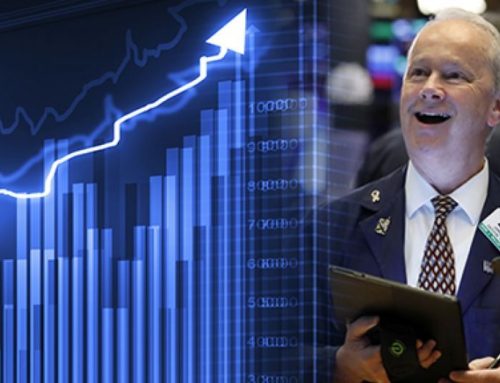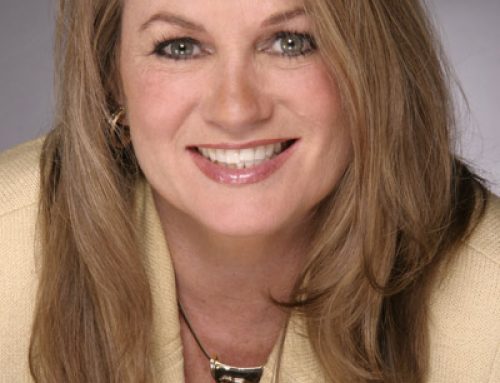 Investors Go All In
Investors Go All In
Setting records…
As I had indicated in a recent comment, stocks ratcheted up on more liquidity from the Fed and hope that the trade deal is real this time around. The S&P added 1.5% on Friday to finish the week with a 1.7% gain, breaking the 3000 barrier to close at 3066. The Dow added 0.4% to close just shy of a new record at 27,347. Nasdaq led the way with a 1.7% gain to end at 8386.
The big cap tech stocks account for a huge amount of the gain in both Nasdaq and the S&P. Part of the FAANG stocks (Facebook, Apple, Amazon, Netflix and Google) have captured the lion’s share of investors attention and money. According to a Barron’s article, Apple, Microsoft and Google parent, Alphabet account for $4 trillion of market flow. That is more than the entire market capitalization of the Russell 2000 small cap index.
A weak Chicago Purchasing Manager’s report on Thursday drove the S&P down 0.8%. But all was well when non-farm payrolls buried estimates coming in at 128,000 versus consensus of 85,000. The prior two months were revised up by 94,000 providing fuel for the indices to rally. The unemployment rate ticked up slightly to 3.6% from the record set in September of 3.5%.
However, if one factors in the under-employed, the real unemployment rate was 7% as of October 2019 according to www.thebalance.com economic data. This includes those who are “under-employed” working part time jobs but would like to work fulltime as well as those who have given up looking for jobs and marginally employed folks. David Rosenberg, chief economist and strategist for Gluckin Sheff, noted that the temporary help category shed 8,000 jobs in Friday’s report. This is the highest level seen since 1994 and can be a precursor of further slowdowns to come.
Wanting to believe….
Lance Roberts, founder or RealInvestmentAdvice blog, quoted Doug Kass as stating investors want to believe in this market. They want to believe that talks to end the trade war with China are real. They want to believe that there is no earnings recession despite the fact that S&P profits for the first half of 2019 are negative year over year. They want to believe that stocks are cheap relative to bonds. Investors are ignoring weak manufacturing data, lackluster housing and auto sales, a manufacturing recession and global weakness. They want to believe that valuations can continue to expand.
The Fed has reinstated QE essentially with their bond buying program. The Fed has cut rates for the third time this year as expected, which barely generated a positive bounce for the S&P. The S&P stocks are interconnected with global markets with 50% of S&P business coming from non-U.S. economies. China’s PMI service sector just plummeted to a 12 month low while Hong Kong business activity crashed to the lowest on record. The global central banks have been extending their liquidity support as economies around the world slowdown.
Investors have gone “all in” – both individual and corporate investors. Cash levels are the lowest since 1997. Equity allocations are the highest since 1999 and 2007 (both stock market peaks). Stock to cash ratios are consistent with prior market peaks.
The bulls abound…
The bulls on Wall Street are many. Barron’s is extolling the virtues of a market that can continue to expand. Stocks are beating earnings expectations. However, the real story is that corporate buybacks affect earnings estimates by decreasing the amount of stock available making valuations appear better. Analysts have consistently ratcheted down estimates, so the bar to beat is set fairly low.
The Fed has cut rates three times so far this year and reinstituted QE. Trump seems to be surrendering to China and is considering reversing the 15% tariff announced in September. Corporate buybacks are on track for their second largest year on record. Consumer sentiment is high while earnings continue to beat.
Attending a conference last week, an investment banker from one of the major banks presented his case for why the markets will continue their trend. After 10 years of rising stocks, he believes all is well and markets will continue to rise. He was presenting to a room of business owners and telling them they could be optimistic for sale prices of their businesses.
Risk happens fast…
So stated hedge fund manager, Doug Kass. All is well…until it isn’t. The S&P Price to revenue ratio is the highest on record. Holding “risk on” assets has worked so far. The S&P has returned 23.16% through October while the Dow gave investors 18% and Nasdaq gained 26.06%. Of course, after the Q4 decline in the equity markets, they started off from lower levels but very strong performance indeed. Investors have been rewarded over and over again by investing in risk assets.
Investors continue to shrug off news of a pending impeachment inquiry for President Trump. Comparisons are being made to the Clinton impeachment with the roaring 90’s stock market. Jason Pride, chief investment officer for Glenmede wagers only a 25% risk of a slowdown and called a recession a possibility but not a probability. This seems to be the case all over major firms as Wall Street is taught that everyone loves an optimist and no one likes a pessimist. Wall Street firms earn most of their money on investment banking and deals, lending, etc. and not really on trading. So bullish is the name of the game.
While short term risk may continue to win, longer term the markets are due for a correction. What and when and how deep is always the question. One never goes broke booking gains so paring risk can be a wise strategy as the markets continue to discount the bear case.
Be prudent about your portfolio and as always, feel free to reach out for a second opinion.





Leave A Comment